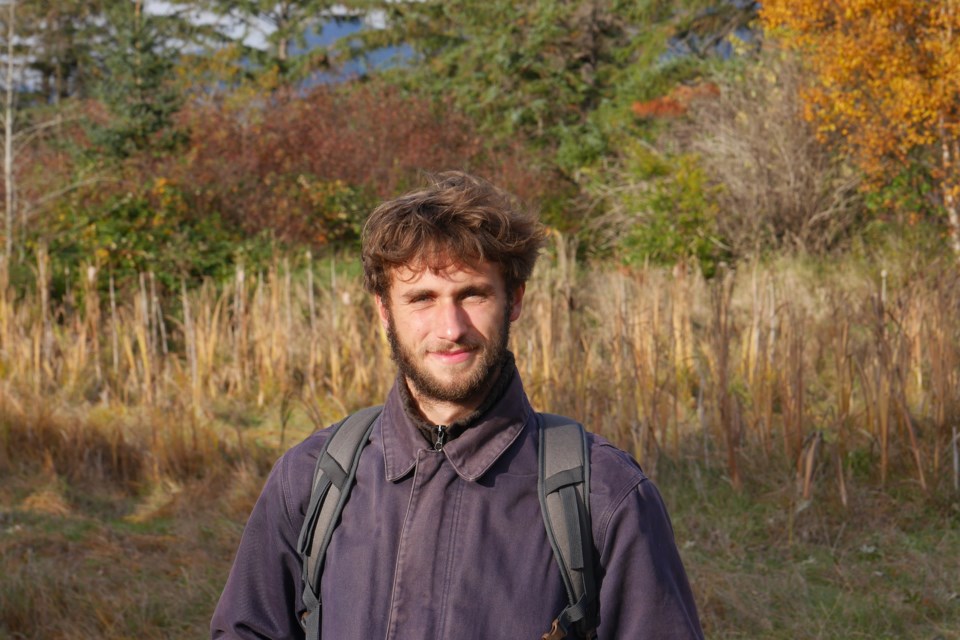Each time Quest University's Sacha Roland runs or walks through the Squamish Estuary, as he does weekly, he sees more of its value, he says.
"You feel at home when you start thinking about all the benefits that it gives to us humans. And the more I am learning about this one kind of ecosystem, the more I'm like, wow, this is very, very important," he said.
Roland is an undergraduate student interested in how humans value the ecosystems they live in and depend on.
He has launched an online survey — Sḵwx̱wú7mesh/Squamish Estuary’s Socio-Cultural Values Survey — to gain feedback from those who visit (or have visited) the estuary.
This anonymous study is important because its results could improve the way people are represented in decisions related to environmental management and could provide a deeper understanding of what sustainable development means," he told The Squamish Chief.
He was inspired to create the survey when he read about the monetary value of the estuary the Squamish River Watershed Society had calculated back in September.
It made him wonder about other kinds of values the area holds for people.
"This is what the survey is trying to do — is try to give a sense of the social, cultural values of the estuary, outside of the market's value," he said.
"Sometimes, something that has a market value does not necessarily reflect the value the people assign to an ecosystem and sometimes the opposite; sometimes, people value something greatly and the market value of benefits is not represented at all or is super, super low."
Some of the survey's questions force people to number their values, which points to the trade-offs that sometimes have to be made, Roland said.
"For example, if we clear cut the forest for the timber, we cannot expect that same forest to provide us with carbon storage. And so, there was, like, a trade-off that is often made when it comes to the environment. And the whole ranking is about trying to see what are the priorities of the people, the participants."
He hopes to get around 300 responses and that ultimately the information is used by government agencies in decision making.
Ultimately, the plan is to compare this survey data with the monetary value that the Squamish River Watershed Society has estimated.
"And eventually, to create a framework [where] we can say we can see the impact of different valuation methods."
The survey takes about 20 minutes to complete and is open until March 15.



